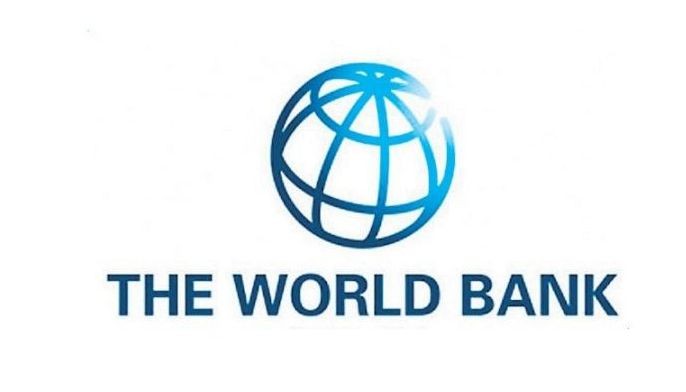
WORLD BANK OKS $1.25 BILLION LOANS FOR EDUCATION, RECOVERY PROJECTS
MANILA, Philippines — The World Bank has approved $1.25 billion worth of loans to support projects in the Philippines aimed at having safer and resilient school infrastructure and strengthening economic recovery.
In a statement over the weekend, the World Bank said its board of executive directors approved $500 million in funding for the Infrastructure for Safer and Resilient Schools Project and the $750-million Philippines Second Sustainable Recovery Development Policy Loan.
The Infrastructure for Safer and Resilient Schools Project aims to support the resilient recovery of schools affected by disasters in the country.
Under the project, there will be repair works, rehabilitation, retrofitting, reconstruction and site improvements to be undertaken in schools severely affected by earthquakes and tropical cyclones in recent years in areas including the Cordillera Administrative Region, Caraga, Central Luzon, Bicol Region, Western Visayas, Central Visayas, Eastern Visayas, Davao Region and Soccsksargen.
Over 700,000 students are expected to benefit from the project.
“Education is a key component of human capital. By improving the learning environment and making schools safer, children are more likely to attend classes, perform better academically and complete their education,” Ndiamé Diop, World Bank country director for Brunei, Malaysia, the Philippines and Thailand, said.
Also part of the project is improving the Department of Education’s operations and maintenance manual and tools for the effective management and maintenance of infrastructure following disasters.
“By strengthening the resilience of educational facilities, disruptions to learning caused by natural disasters can be minimized, ensuring that children can continue their education with fewer interruptions,” World Bank senior disaster risk management specialist Fernando Ramirez Cortes said.
Meanwhile, the Second Sustainable Recovery Development Policy Loan will support reforms to accelerate the country’s economic recovery such as increasing investment in public service sectors, encouraging private investment in public infrastructure particularly in domestic shipping, promoting renewable energy, protecting the environment and improving climate resilience.
It will also support other reforms to reduce plastic waste, promote green transportation and encourage the production and consumption of environment-friendly goods and services through public procurement.
“The Philippine economy remains resilient in the face of ongoing global and domestic challenges. The reforms supported by this lending program, if implemented, will encourage private investment, innovation and sustained growth,” World Bank senior economist Ralph Van Doorn said.
“Through these reforms, the Philippines can transition faster to a greener economy and achieve its environmental and climate objectives,” he said.
2024-06-30T16:38:15Z dg43tfdfdgfd